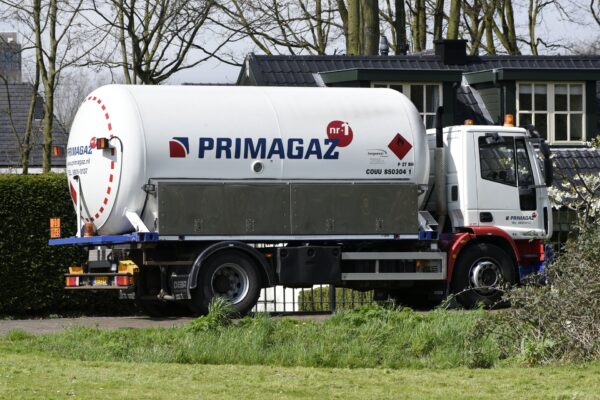- American Airlines has had a higher rate of cancelled flights this summer than other US airlines, according to a new report.
- The airline has been badly affected by severe weather, the ongoing grounding of the Boeing 737 Max, and mechanical issues forcing it to take aircraft out of service.
- The airline alleges that unions representing its mechanics have illegally organized a work slowdown as contract negotiations continue.
- Visit Business Insider’s homepage for more stories.
It’s been a rough summer so far for American Airlines – especially compared to its competition.
According to a new report from The Wall Street Journal, American has faced skyrocketing cancellations, with 7,500 in June, or 4% of all of its scheduled flights.
That cancellation rate was 18 times higher than Delta’s, according to the report, and higher than competitors JetBlue and United, which each cancelled less than 1% of their flights in June.
American’s on-time arrival rate hovered at around 70% along with United’s and JetBlue’s, according to the report.
While every US airline has faced a difficult summer so far because of severe weather throughout much of the country, American's pains have been particularly acute due to to a combination of maintenance issues and the ongoing grounding of the worldwide 737 Max fleet.
Already, American, which owns 24 of the troubled Max aircraft, with 76 more on order - seven of which were initially due to be delivered in the second quarter - has had to cancel around 115 daily flights, and one entire route - in order to cover key routes with older planes.
Compounding the pain from the Max-related groundings, American has had more planes out of service than normal due to mechanical issues. While mainline carriers like American can usually swap spare planes to cover mechanical issues, and to recover from weather delays, but the current high rate of technical issues has made it difficult.
American has blamed - and filed a lawsuit against - its mechanic unions, alleging that employees are deliberately slowing down work or exaggerating issues that do not affect safety in an effort to influence new contract negotiations. Although a United States District Court issued a temporary restraining order against the alleged slowdown in mid-June, American alleges in documents provided to Business Insider that the employees have persisted.
The airline has been negotiating with mechanics since December 2015, but talks stalled and there has not been a meeting between the airline and unions since April, according to The Wall Street Journal.
In an investor relations update, the airline estimated that it has lost $185 million of revenue as a direct result of the Max grounding.
The groundings, combined with the mechanical issues, resulted in the airline having 1.1 billion fewer Available Seat Miles, or ASMs - a passenger-carrying capacity metric based on the total number of available seats on flights multiplied by the total number of miles flown - than it originally estimated for the second quarter. Its had 72.3 billion ASMs for the quarter.
The decrease in ASMs hid a bright point in the investor update, though. The total revenue per available seat mile, or TRASM, guided up, with 3-4% year-over-year growth expected, compared to the originally forcast 1-3% growth. The increase, which American attributed to higher than expected load factors, essentially means that the airline is bringing in more revenue per available seat mile than it expected.
According to a representative at American, this is the first time the airline has guided up in over a year on that figure. Following the report's release, American's stock had risen 2.38% as of 1 p.m. ET.











